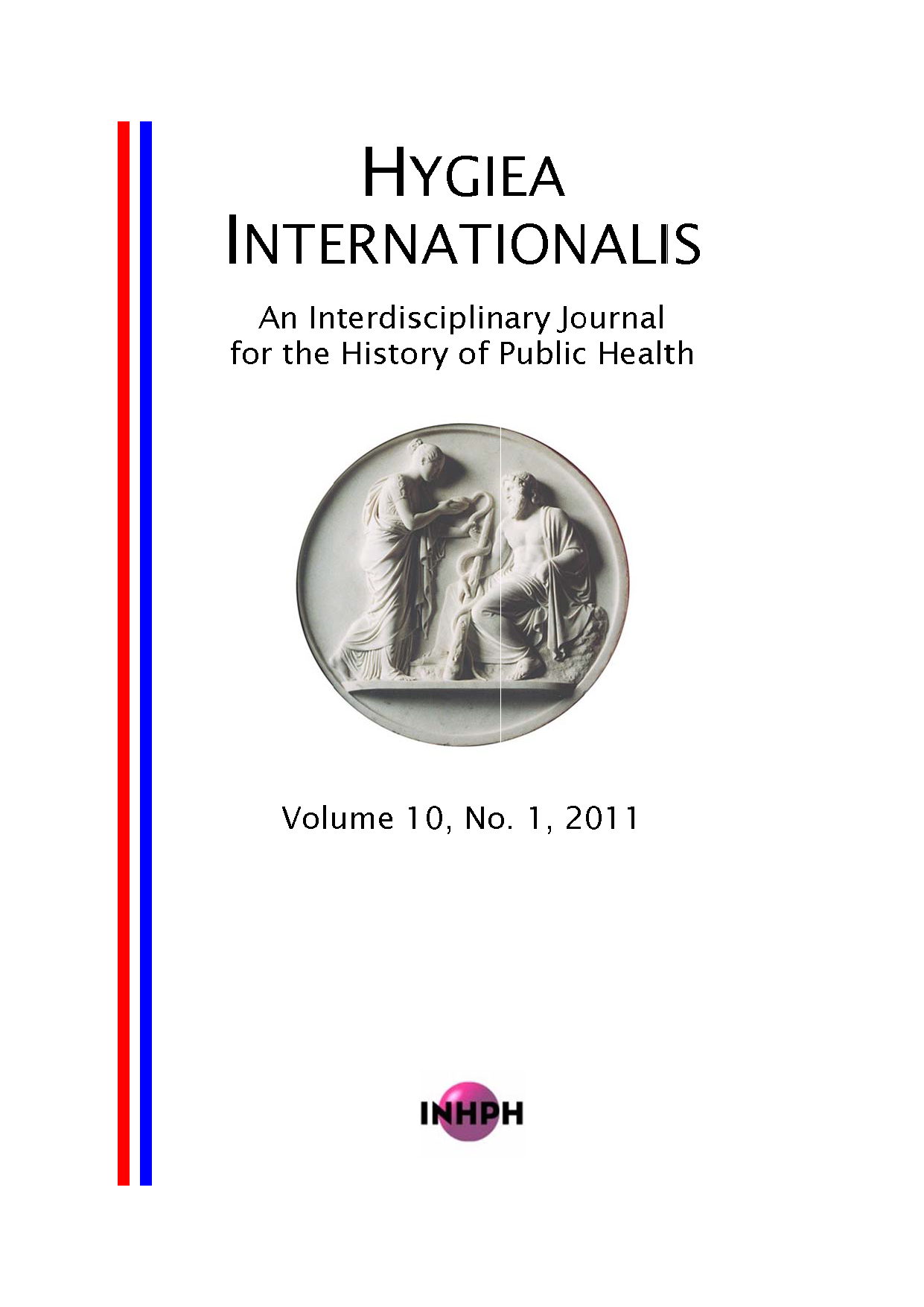International Sanitary Conferences from the Ottoman perspective (1851–1938)
DOI:
https://doi.org/10.3384/hygiea.1403-8668.1110153Keywords:
Sanitary conferences, sanitary conventions, Ottoman Empire, quarantine, cholera, plagueAbstract
The search for international measures to prevent and control epidemics of cholera, the plague, yellow fever, malaria and typhus which ravaged the world throughout the 19th century, led to a series of International Sanitary Conferences and Conventions under the leadership of European states. Between 1851 and 1938 fourteen conferences - Paris (1851), Paris (1859), Istanbul (1866), Vienna (1874), Washington D.C. (1881), Rome (1885), Venice (1892), Dresden (1893), Paris (1894), Venice (1897), Paris (1903), (1911), (1926) and (1938) - and eight conventions – 1892, 1893, 1894, 1897, 1903, 1912, 1926, 1938 were held. Both conferences and conventions shaped social life, health policies, politics, laws, and transportation, economic, commercial rules of the European, Asian and also American countries. In this study we reviewed the reasons, process and the results of each international sanitary conference from the Ottoman social and health perspective.
Downloads
Published
How to Cite
Issue
Section
License

This work is licensed under a Creative Commons Attribution-NonCommercial 4.0 International License.






